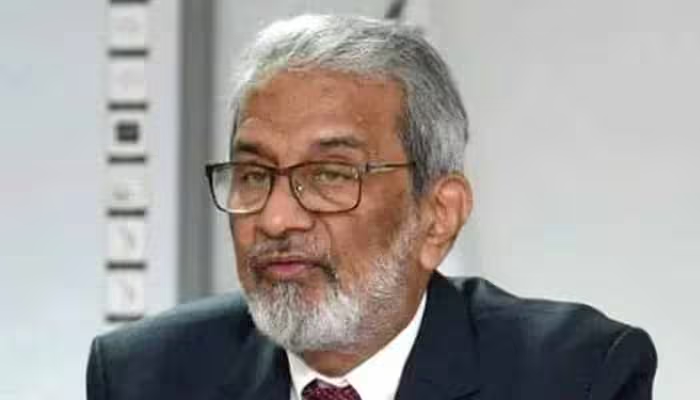In a recent development, retired Justice Maqbool Baqir has declined the offer to serve as an ad hoc judge in the Supreme Court of Pakistan. This decision follows significant opposition from Pakistan Tehreek-e-Insaf (PTI) regarding the proposed appointment of four ad hoc judges to the apex court.
Judicial Commission Meeting and Proposed Appointments
A meeting of the Judicial Commission of Pakistan (JCP) has been scheduled for July 19 to deliberate on the appointment of ad hoc judges to the Supreme Court. During this meeting, four names are expected to be considered for these positions. Sources indicate that Justice Retired Sardar Tariq Masood and Justice Retired Mazhar Alam Mian Khel have consented to their appointments as ad hoc judges. However, Justice Retired Mushir Alam has declined the offer, expressing his dissatisfaction with the negative campaign on social media following the nominations.
Justice Mushir Alam’s Refusal
In a letter to the Judicial Commission, Justice Retired Mushir Alam stated, “Allah has honored me more than my position. I am deeply disappointed by the campaign started on social media after the nomination of ad hoc judges. I apologize for working as an ad hoc judge in the current situation.” This refusal underscores the contentious atmosphere surrounding the appointments.
Justice Maqbool Baqir’s Resignation
Justice Retired Maqbool Baqir had not previously responded to the offer of an ad hoc judgeship. However, it has now been confirmed that he too has decided against taking up the position. In his note, Justice Baqir affirmed the constitutional validity of appointing ad hoc judges and described the criticism on this matter as unjustified. He cited personal reasons for his resignation, distancing himself from the ongoing controversy.
PTI’s Opposition and Concerns
PTI has been vocal in its opposition to the simultaneous appointment of four ad hoc judges to the Supreme Court. PTI Chairman Barrister Gauhar articulated the party’s stance, stating that there has been no precedent for such appointments since 2015. He expressed concerns that this move would not alleviate the court’s caseload but rather, is aimed at influencing decisions related to specific PTI seats.
Gauhar emphasized, “There is no example of the simultaneous appointment of four ad hoc judges in the Supreme Court. It will not reduce the caseload, but it is feared that the purpose of this move is related to the specific seats of PTI. The judiciary should avoid court disputes.”
Legal and Constitutional Perspectives
The Law Minister has defended the appointment of ad hoc judges, asserting that the constitution permits such actions. He argued that the inclusion of ad hoc judges can provide necessary judicial relief and support the court’s functions. However, PTI maintains that the appointments are strategically motivated and could undermine judicial impartiality.
The issue of appointing ad hoc judges to the Supreme Court has become a flashpoint of legal and political contention in Pakistan. With Justice Retired Maqbool Baqir and Justice Retired Mushir Alam declining the positions and PTI’s staunch opposition, the Judicial Commission’s meeting on July 19 will be pivotal in determining the future course of action. The debate highlights broader concerns about judicial independence, transparency, and the integrity of Pakistan’s highest court. The resolution of this matter will be closely watched, as it bears significant implications for the judiciary and the political landscape of the country.



